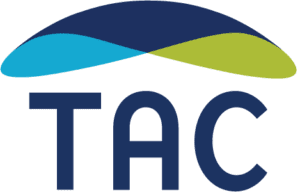In 2022, the Homeless Strategy and Solutions Initiative (HSSI) Behavioral Health Work Group engaged TAC to summarize available reports, data, funding, and agencies responsible for meeting the substance use disorder (SUD) treatment, service, and housing needs of people experiencing homelessness in the Portland (OR) Metro Area. The resulting report, Resolving Homelessness: The Critical Need for a Substance Use Disorder System of Care, describes the essential features of an SUD system of care and provides recommended initial actions to execute cross-system alignment and coordination.
HSSI re-engaged TAC in 2023 to conduct and analyze key informant interviews, utilize available data, and outline barriers and gaps in the availability of supported employment programming for people with SUDs who had exited homelessness through U.S. Department of Housing & Urban Development (HUD) Continuum of Care affordable and supportive housing. TAC’s report, The Role of Employment in Ending Homelessness, made high-level recommendations to address the gaps in availability of supported employment.
In 2024, rebranded as Homeless Strategic Initiatives (HSI), the group contracted with TAC to work with the area’s largest Medicaid managed care organization and with local street outreach, medical respite, and recovery housing programs to explore the need for voluntary stabilization services for a subset of unhoused individuals experiencing active substance use and undertreated serious mental health conditions. TAC conducted a national scan of programs effectively serving and stabilizing this population, as well as key informant interviews with members of this population on what they want and need to support them in achieving their goals, including for health and wellness. TAC will produce a report that brings together emergency service utilization data; themes from key informant interviews; a historical overview of the Housing First model and populations for which it is evidence-based; and high-level recommendations for engaging people with active substance use, serious mental illness, and chronic health conditions in stabilization services.

